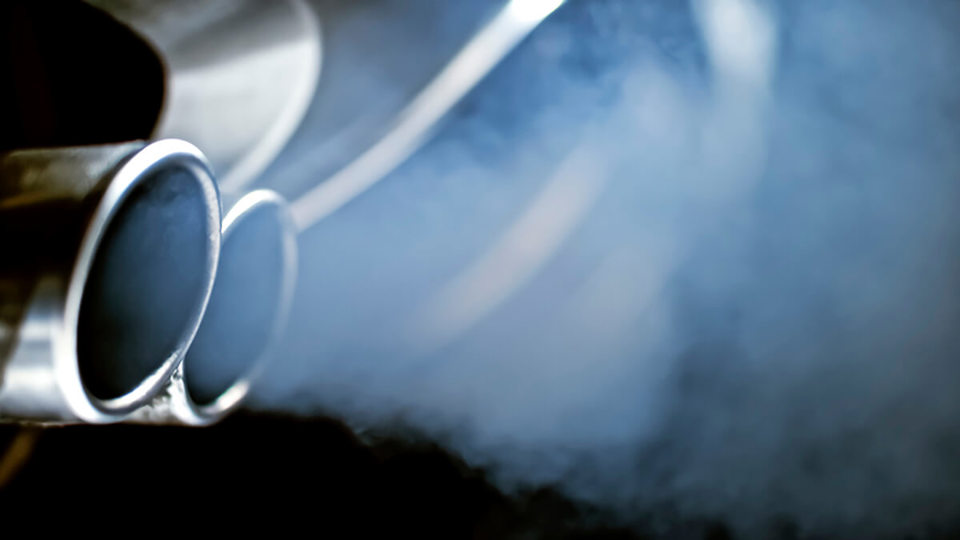According to figures published by the European Environment Agency, in 2013, average passenger car fleet emissions were 127g CO2/km compared to 186g CO2/km in 1995 - a 31.7% decrease over the period.
This is the result of the long-term efforts of the automobile industry, which have been sustained both with and without legislation.
“Thanks to huge efforts by European automobile manufacturers and billions of euros worth of investment in R&D, Europe’s passenger cars and light commercial vehicles are the cleanest in the world,” said Erik Jonnaert, Secretary General of the European Automobile Manufacturers’ Association (ACEA).
The organisation claims CO2 emissions from passenger cars and light commercial vehicles need to continue on their downward trend, and the industry is committed to this. However, because the most cost-efficient actions have already been taken, it says, and delivering on that aim requires ever greater technical investments to achieve lesser reductions.
“It should be noted that the legislation sets targets which become effective from one day to the next," addd Jonnaert. "Obviously, manufacturers have to start the process of reaching the targets well in advance. This means that, by the nature of the legislation, a certain degree of 'over-achievement' is necessary on route to meeting the targets."






















V A, Norway - 02/05/2014 22:15
The decrease of 31.7% is quite optimistic (ref: http://www.fleetnews.co.uk/news/2011/5/12/ec-proposes-real-world-testing-for-mpg-and-co2-emissions/39571/ ). My own experience is that the deviation between the official numbers and the actual consumption is increasing. I bought a VAG diesel car in year 2007. Five years later I bought a bigger VAG diesel car with 8% lower official CO2 emission. However, the new car needs at least 10% more diesel, and hence 10% higher CO2 emission, than the old one. I think that 2 important reasons why the real reduction has not been bigger since 1995 is that more safety equipment adds weight to the vehicle and that the Diesel Particle Filter acts like extra resistance for the engine. Safety and local environment are really important issues, so maybe we should not be too sorry that the real CO2 emission has moved down quite slowly.